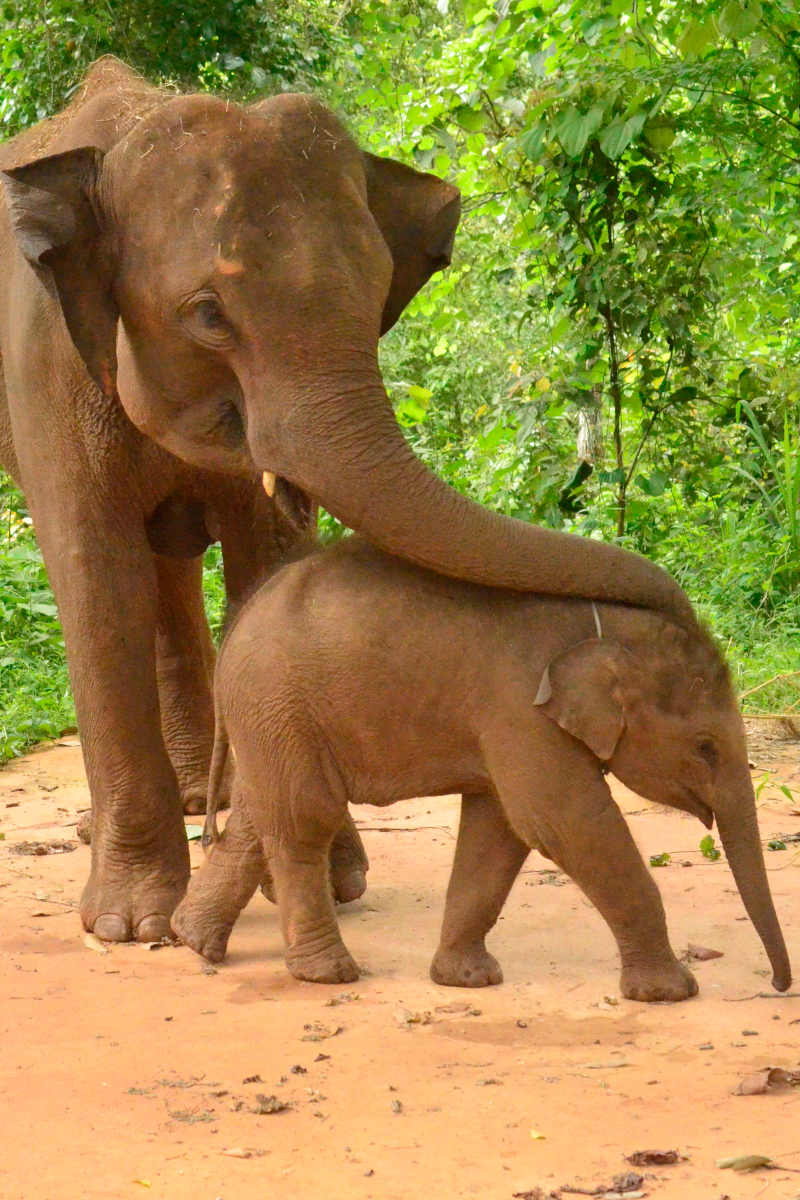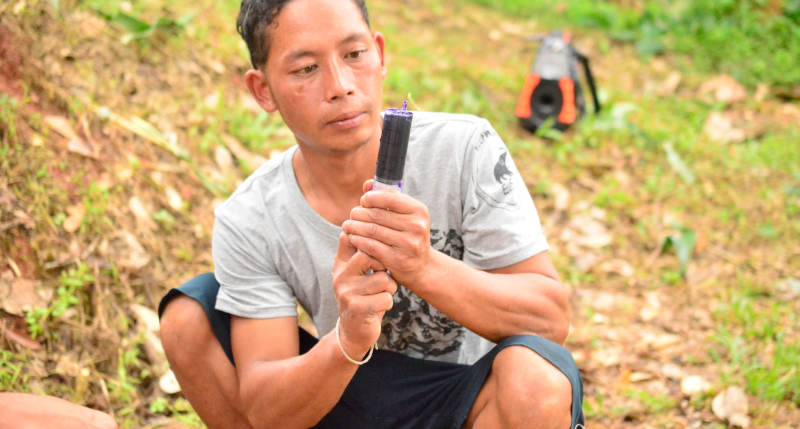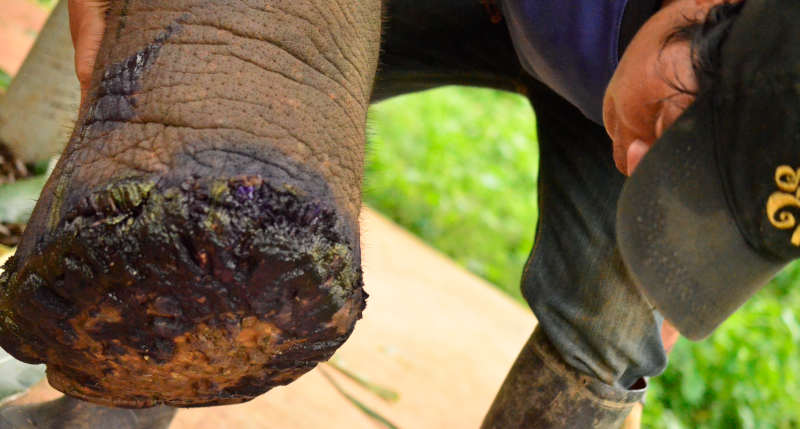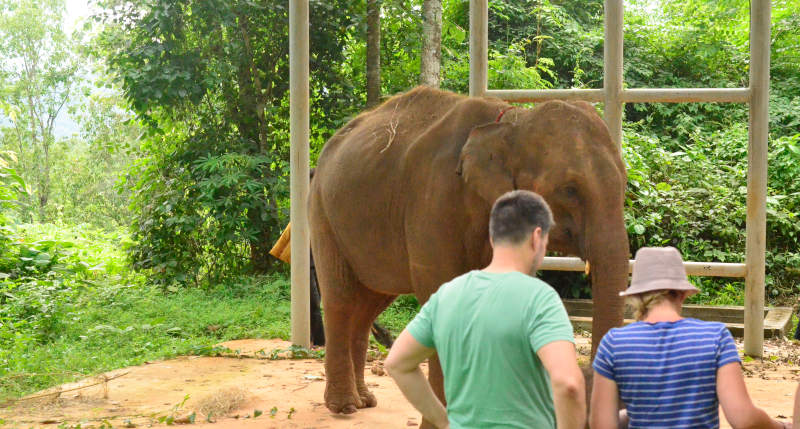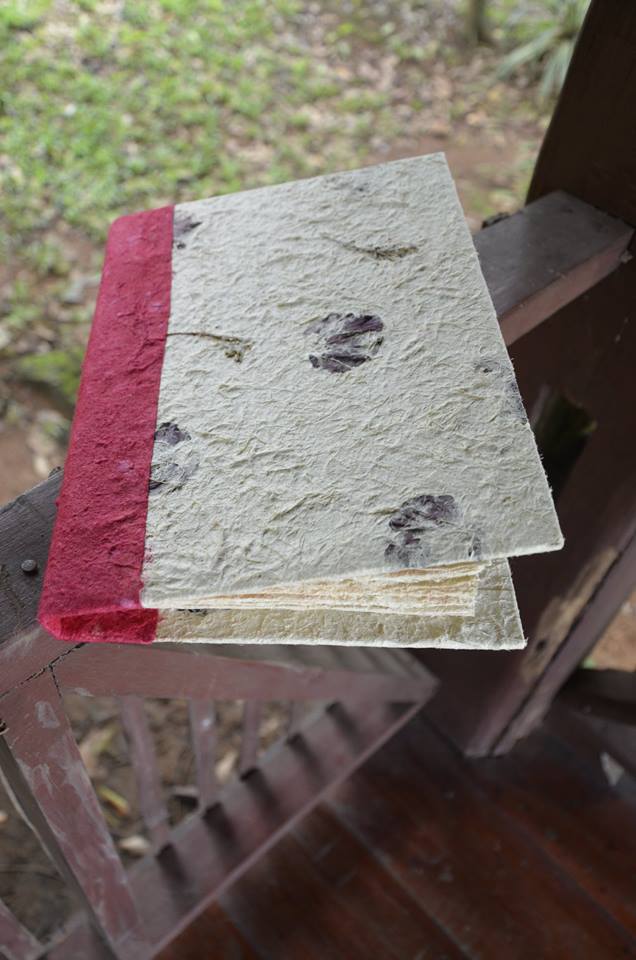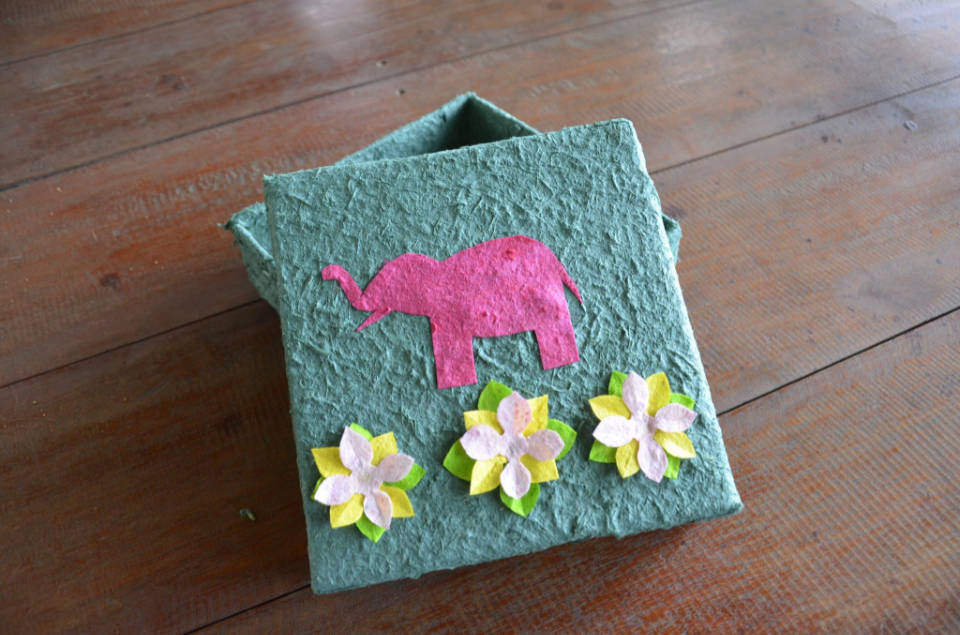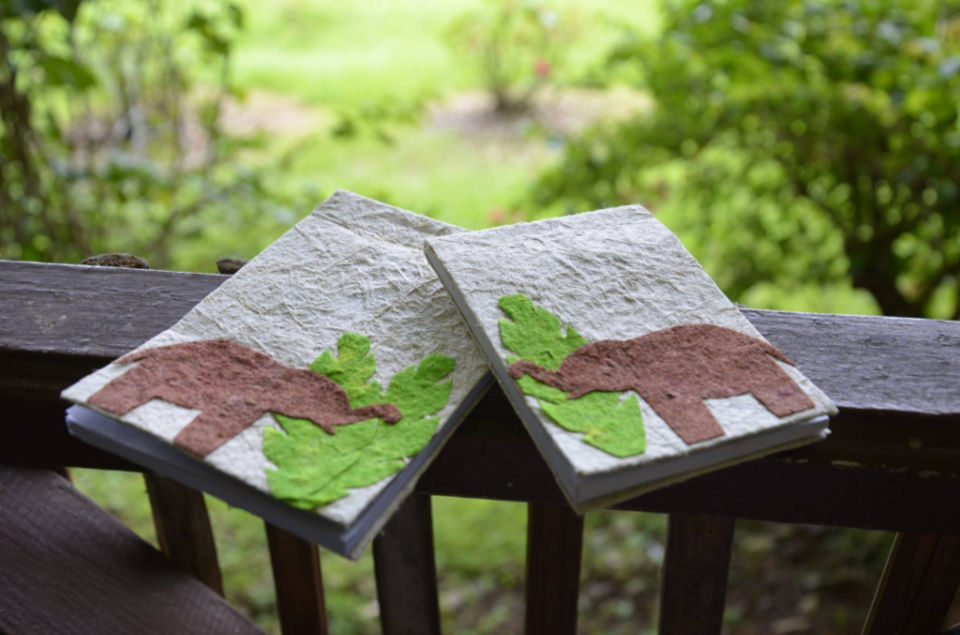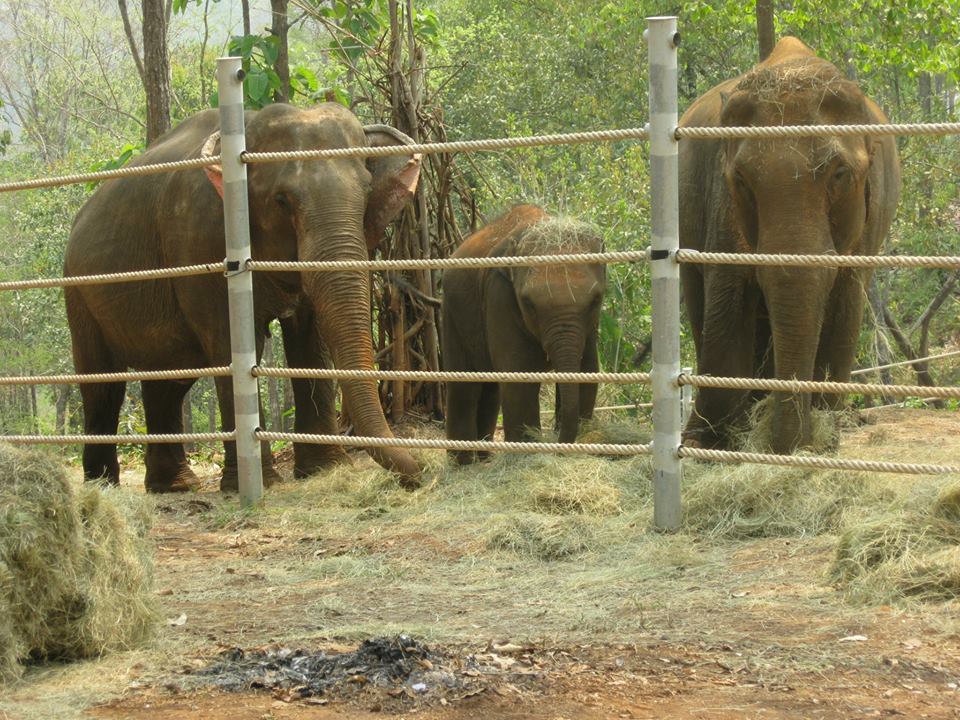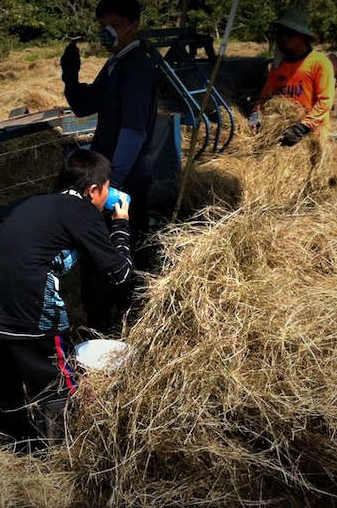Taking care of elephants since 2011
OUR PROJECTSONGOING PROJECT
VETERINARY STATION FOR ELEPHANTS
PHASES ACHIEVED:
(1) Building a roofed sick bay
INVESTED COSTS IN THAI BAHT:
264,550
PHASES PLANNED:
(2) Building of a structural veterinary station
(3) Continuous veterinary care
ESTIMATED COSTS FOR FUTURE INVESTMENTS:
2.500 000 THB
The current project of the TONG BAI FOUNDATION is the construction of a hospital ward, which not only has access to its elephant, but also to all about 400 elephants in the valley. In case of injuries and illnesses, a veterinarian from the state hospital can treat the elephants in a suitable environment on site and thus can spare them the stressful transport to the state hospital in Lampang, which is over 3 hours away.
ONGOING PROJECT
PAPER FROM ELEPHANT DUNG
✓ Lots of food = a lot of manure
✓ ecological production of paper from the excrement of elephants
✓ By long boiling no bacterial infection risk
✓ Products like notebook, compartments, key chains and more
Elephants eat enormous amounts: up to 250 kg per day are needed for an elephant to be sufficently nutrified. Although: He never gets full, which is why constant eating is necessary. But not only that, they are also – even though being herbivores – poor feed recycler. In contrast to ruminants, enormous amounts are excreted again – about 60% of the daily food turns into elephant dung. This is normal and yet it can be challenging for elephant camps. Where does it go, all this – yes, literally: crap? We have decided to transform as much as possible into something. The paper made from elephant dung is crude and does not stink. It can be used without problems for small things of everyday life. Whether as a notebook, photo book, key fob, postcard or hairband – the possibilities are great and are constantly being adapted. We can show you the development process on site in all steps and invite you to try it yourself.
✓ Healthy food with lots of nutrition
✓ Food of more than 200 kg per day require lots of farming areas
✓ Not common in Thailand, therfore quite expensive
✓ Only one farming project in Northern Thailand that grows hay
Our elephants rest during the night in a species-rich forest and grass landscape, so that natural nutrition with herbs, grasses, woods and roots can be predominantly guaranteed. Due to the huge amount of feed of more than 200 kg that a mature animal needs per day, elephant grass, corn and hay must also be fed. The permanent provision of hay in Thailand is a special feature and we are proud to offer our animals this raw fiber and protein rich feed.
The long rainy season and high humidity make hay production difficult. Hay, which is extremely healthy and herb-scented for elephants, can only be harvested between December and March. The widespread application of pesticides must also be avoided, which means that annual productivity is comparatively low and hay at 7 baht per kilo is correspondingly cost-intensive. Only in a few places in the country is this high-quality feed produced. One of these places is the village of Ta Goa Muang in the district of Lampun, about 80km from Mae Sapok. Here, a group of 20 farmers collectively cultivates an area of about 48 hectares (300 Rai). The costs of a healthy elephant diet amount to about 60 $ per animal per month.
